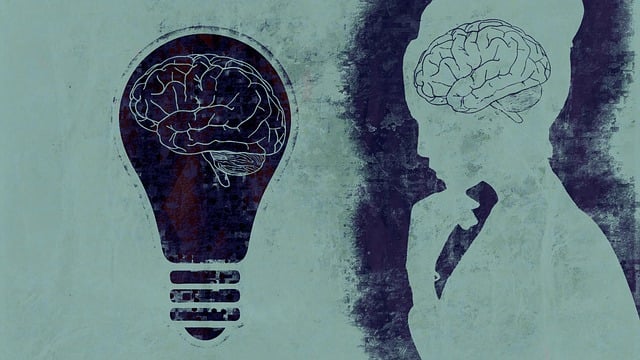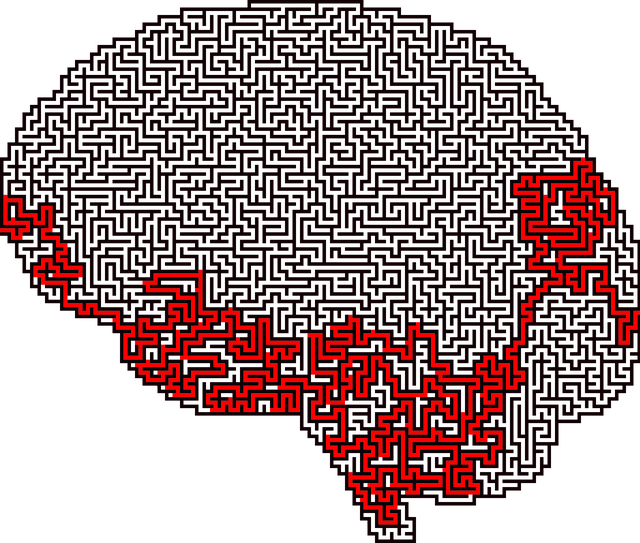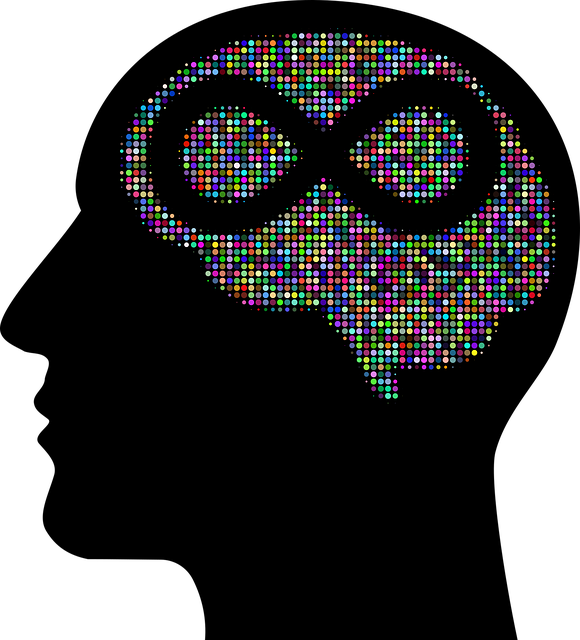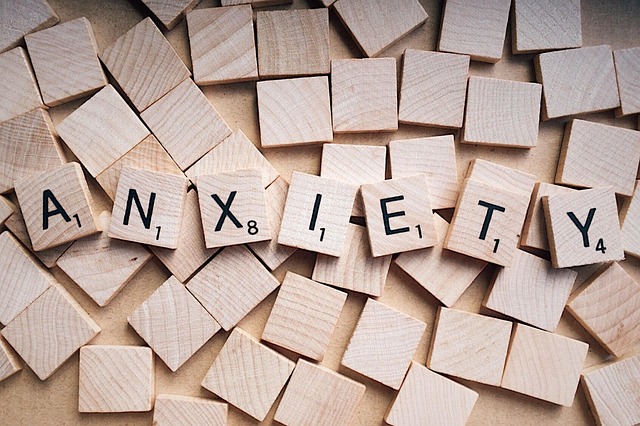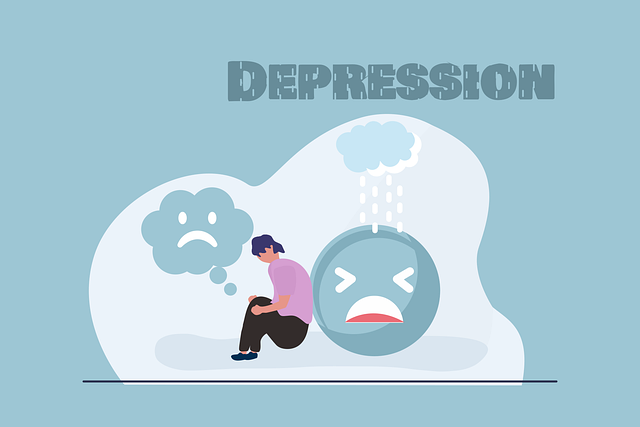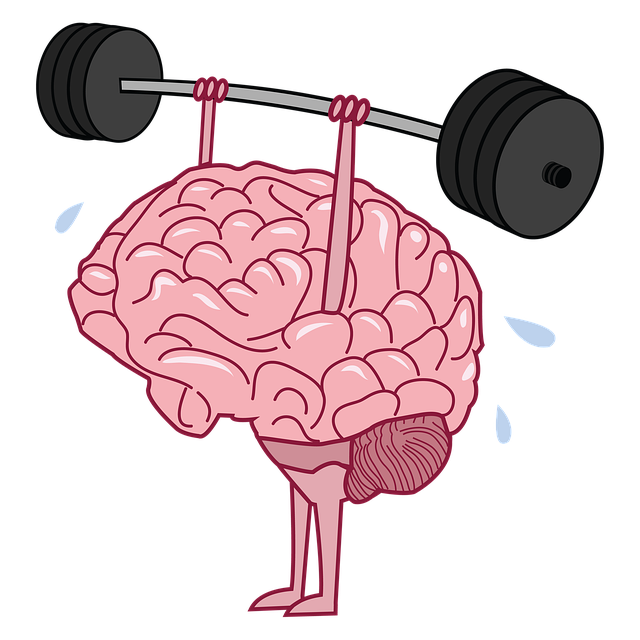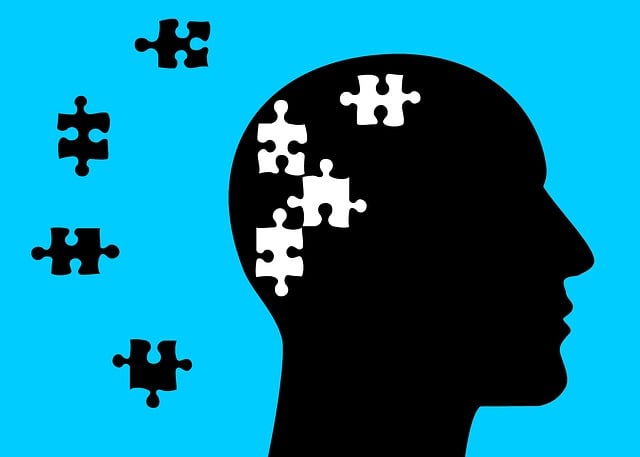The rapid expansion of mental wellness apps in digital health, driven by evolving attitudes toward mental care and evidence-based practices, offers personalized emotional support through innovative approaches like Littleton Relationship Issues Therapy. Features such as mindfulness, mood tracking, and therapist access have fueled their popularity. However, effective regulation through Mental Health Policy Analysis is vital to maintain ethical standards while protecting user privacy. The Littleton method combines engaging experiences with therapeutic practices, leveraging storytelling and audio elements for deeper user engagement and improved mental wellness. As digital therapy grows, especially in addressing relationship issues, strict ethical considerations are needed, focusing on user privacy, security, and informed consent. Future trends point towards AI-driven, adaptive platforms offering personalized emotional healing and confidence-building strategies.
Mental wellness apps are transforming lives, offering accessible support for various conditions. This article delves into the multifaceted world of mental wellness app development, from market analysis to innovative design strategies and ethical considerations. We explore how apps like the Littleton Relationship Issues Therapy model enhance user engagement while delivering therapeutic benefits. By examining trends and future prospects, we aim to illuminate the potential of digital therapy, addressing growing global needs in mental health care.
- Understanding Mental Wellness App Development: A Market Analysis
- Designing for User Engagement and Therapeutic Impact: The Littleton Approach
- Ethical Considerations and Future Trends in Digital Therapy
Understanding Mental Wellness App Development: A Market Analysis

The development of mental wellness apps has emerged as a dynamic sector in the digital health landscape, addressing various aspects of emotional well-being promotion techniques. These applications aim to provide accessible and personalized support for individuals seeking to enhance their mental health, particularly in areas like Littleton Relationship Issues Therapy. With an increasing demand for remote and discreet mental healthcare solutions, app developers are leveraging technology to reach a broader audience facing diverse mental wellness challenges.
A market analysis reveals a growing trend of users turning to digital platforms for therapy and self-care. This shift is partly driven by changing attitudes towards seeking professional help and the availability of evidence-based therapies offered through apps. Features such as mindfulness meditation practices, mood tracking, and access to therapists have contributed to the rising popularity of mental wellness apps. Moreover, a thorough Mental Health Policy Analysis and Advocacy is essential to ensure these apps adhere to ethical standards and contribute positively to the overall mental health ecosystem, catering to users’ needs effectively while respecting privacy and confidentiality.
Designing for User Engagement and Therapeutic Impact: The Littleton Approach

Designing for User Engagement and Therapeutic Impact: The Littleton Approach focuses on creating a seamless blend of engaging user experiences with evidence-based therapeutic practices, aiming to improve mental wellness and enhance self-care practices. This innovative strategy draws inspiration from successful therapies like the Littleton Relationship Issues Therapy, which prioritizes open communication and structured support. By emulating this approach, mental wellness app developers can foster deeper user engagement, making complex therapy processes more accessible and intuitive.
The app’s design should facilitate a personalized journey, catering to individual needs while encouraging consistent use. Incorporating interactive elements, educational content, and safe community spaces encourages users to embrace self-care practices regularly. Additionally, leveraging the power of storytelling and audio features, such as mental wellness podcast series production, can provide an immersive experience, making therapy more engaging and effective. This multifaceted approach ensures that users not only access valuable resources but also develop a deeper connection with their mental wellness journey.
Ethical Considerations and Future Trends in Digital Therapy

As digital therapy gains traction, ethical considerations become paramount in mental wellness app development. Apps that address Littleton Relationship Issues Therapy must prioritize user privacy and data security, ensuring sensitive information is protected and used responsibly. Informed consent, transparency about data collection practices, and clear guidelines on confidentiality are crucial elements to foster trust between users and developers.
Looking ahead, future trends in digital therapy suggest a shift towards personalized and adaptive platforms that cater to individual needs. Incorporating artificial intelligence and machine learning can enable apps to offer tailored Emotional Healing Processes and Confidence Boosting strategies. By leveraging these technologies, mental wellness coaching programs development can move beyond generic interventions, providing more effective support for users facing diverse challenges, from relationship issues to personal growth aspirations.
The development of mental wellness apps, as evidenced by the rise of digital therapy, is transforming access to care. As market analysis shows increasing demand for these solutions, approaches like the Littleton method highlight effective design strategies for user engagement and therapeutic impact. While ethical considerations remain crucial, future trends suggest a promising landscape for digital therapy in addressing various mental health concerns, including Littleton Relationship Issues Therapy. By integrating innovative technology with compassionate care, these apps have the potential to revolutionize wellness management and improve lives.
